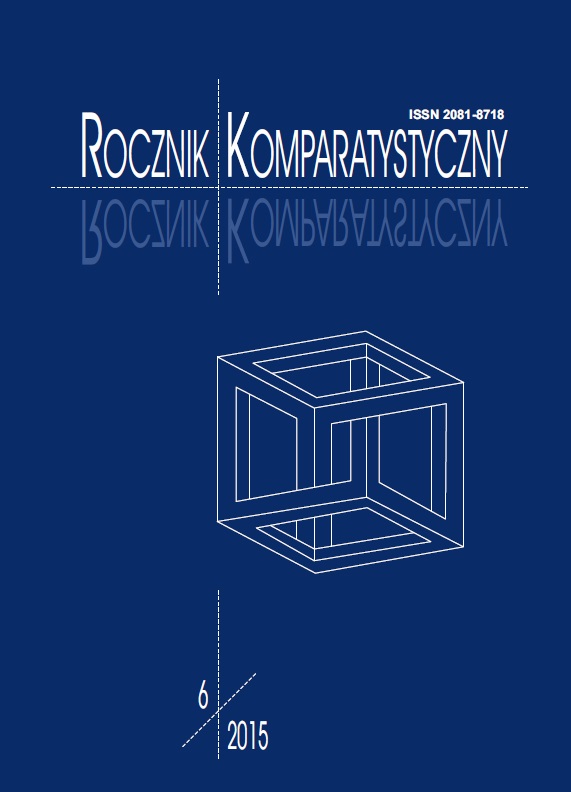The Workers of the Eleventh Hour. Philology, Comparative Studies, and Living-Together
The Workers of the Eleventh Hour. Philology, Comparative Studies, and Living-Together
Author(s): Tadeusz SławekSubject(s): Language studies, Language and Literature Studies, Theoretical Linguistics, Studies of Literature, Comparative Linguistics, Philology, Theory of Literature
Published by: Wydawnictwo Naukowe Uniwersytetu Szczecińskiego
Keywords: comparative literature; comparison; philology; utopia; change; prophecy; connectivity
Summary/Abstract: The essay reads St. Matthews’ parable of the vineyard as a model mechanism of comparing. The “kingdom of heaven” is a realm of sense and order which serves as a directive and corrective of our ways here in the earthly kingdoms of these after-days. And yet this most important sphere upon which everything seems to depend cannot unfold before us, and we have to approach it only indirectly, obliquely. The name of this tangential approach is comparison. We can try to understand the ideal organization of our living together (this is what, I believe, the “kingdom of heaven” tries to name) only in a language which keeps us in the hold of what we know and through this makes effort at pointing at something other than what we know. The essay also introduces the notion of inter-parison, i.e. a whole spectrum of readings which try to regain the force of meaning as a quest, as a serious and never-ending questioning process, which aims at empowering man not to find but search for sense independent of agencies and institutions which present themselves as distributors of meaning. Thus, inter-parison opens also inter- (rather than post-)secular and inter-divine space in which the world can be reconceived in the utopistic way in which the gap between the political and ethical, power and spirit, has been envisioned as unnecessary, reductive and reactive.
Journal: Rocznik Komparatystyczny
- Issue Year: 2015
- Issue No: 6
- Page Range: 25-45
- Page Count: 21
- Language: English

